likely to grow up in neighborhoods that their parents say aren't great for raising children, and their parents worry
about them getting shot, beaten up or in trouble with the law.
D) The class differences in child rearing are growing—a symptom of widening inequality with far-reaching
consequences. Different upbringings set children on different paths and can deepen socioeconomic divisions,
especially because education is strongly linked to earnings. Children grow up learning the skills to succeed in their
socioeconomic stratum (阶层), but not necessarily others.
E) "Early childhood experiences can be very consequential for children's long-term social, emotional and cognitive
development," said Sean Reardon, professor of poverty and inequality in education at Stanford University. "And
because those influence educational success and later earnings, early childhood experiences cast a lifelong shadow."
The cycle continues: Poorer parents have less time and fewer resources to invest in their children, which can leave
children less prepared for school and work, which leads to lower earnings.
F) American parents want similar things for their children, the Pew report and past research have found: for them to
be healthy and happy, honest and ethical, caring and compassionate. There is no best parenting style or philosophy,
researchers say, and across income groups, 92% of parents say they are doing a good job at raising their children. Yet
they are doing it quite differently. Middle-class and higher-income parents see their children as projects in need of
careful cultivation, says Annette Lareau, whose groundbreaking research on the topic was published in her book
Unequal Childhoods: Class, Race and Family Life. They try to develop their skills through close supervision and
organized activities, and teach children to question authority figures and navigate elite institutions.
G) Working-class parents, meanwhile, believe their children will naturally thrive, and give them far greater
independence and time for free play. They are taught to be compliant and respectful to adults. There are benefits to
both approaches. Working-class children are happier, more independent, complain less and are closer with family
members, Ms. Lareau found. Higher-income children are more likely to declare boredom and expect their parents to
solve their problems. Yet later on, the more affluent children end up in college and on the way to the middle class,
while working-class children tend to struggle. Children from higher-income families are likely to have the skills to
navigate bureaucracies and succeed in schools and workplaces, Ms. Lareau said.
H) "Do all parents want the most success for their children? Absolutely," she said. "Do some strategies give children
more advantages than others in institutions? Probably they do. Will parents be damaging children if they have one
fewer organized activity? No, I really doubt it."
I) Social scientists say the differences arise in part because low-income parents have less money to spend on music
class or preschool, and less flexible schedules to take children to museums or attend school events. Extracurricular
activities reflect the differences in child rearing in the Pew survey, which was of a nationally representative sample of
1,807 parents. Of families earning more than $75,000 a year, 84% say their children have participated in organized
sports over the past year, 64% have done volunteer work and 62% have taken lessons in music, dance or art. Of
families earning less than $30,000, 59% of children have done sports, 37% have volunteered and 41% have taken arts
classes.
J) Especially in affluent families, children start young. Nearly half of high-earning, college-graduate parents enrolled
their children in arts classes before they were 5, compared with one-fifth of low-income, less- educated parents.
Nonetheless, 20% of well-off parents say their children's schedules are too hectic, compared with 8% of poorer
parents.
K) Another example is reading aloud, which studies have shown gives children bigger vocabularies and better reading
comprehension in school. 71% of parents with a college degree say they do it every day, compared with 33% of those
with a high school diploma or less. White parents are more likely than others to read to their children daily, as are
married parents. Most affluent parents enroll their children in preschool or day care, while low-income parents are
more likely to depend on family members. Discipline techniques vary by education level: 8% of those with a
postgraduate degree say they often beat their children, compared with 22% of those with a high school degree or less.

 2025-02-28 8
2025-02-28 8
 2025-02-28 6
2025-02-28 6
 2025-02-28 6
2025-02-28 6
 2025-02-28 5
2025-02-28 5
 2025-02-28 6
2025-02-28 6
 2025-02-28 5
2025-02-28 5
 2025-02-28 4
2025-02-28 4
 2025-02-28 7
2025-02-28 7
 2025-02-28 7
2025-02-28 7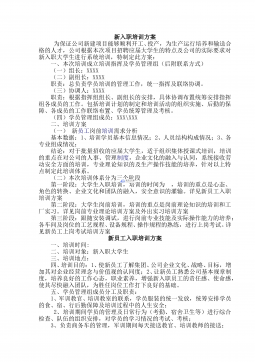
 2025-02-28 6
2025-02-28 6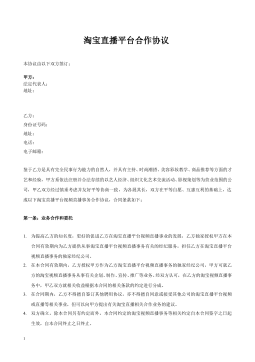
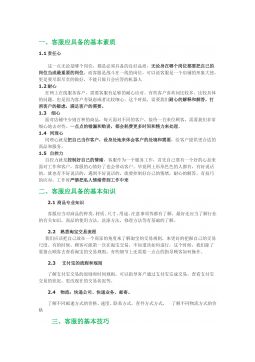
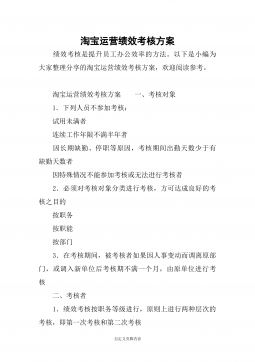
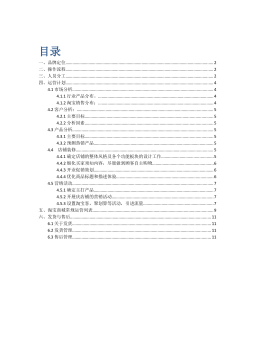
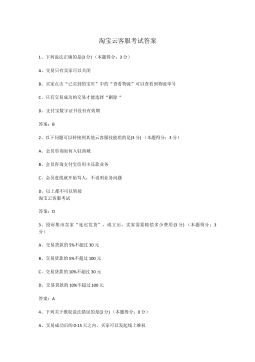




 渝公网安备50010702506394
渝公网安备50010702506394
